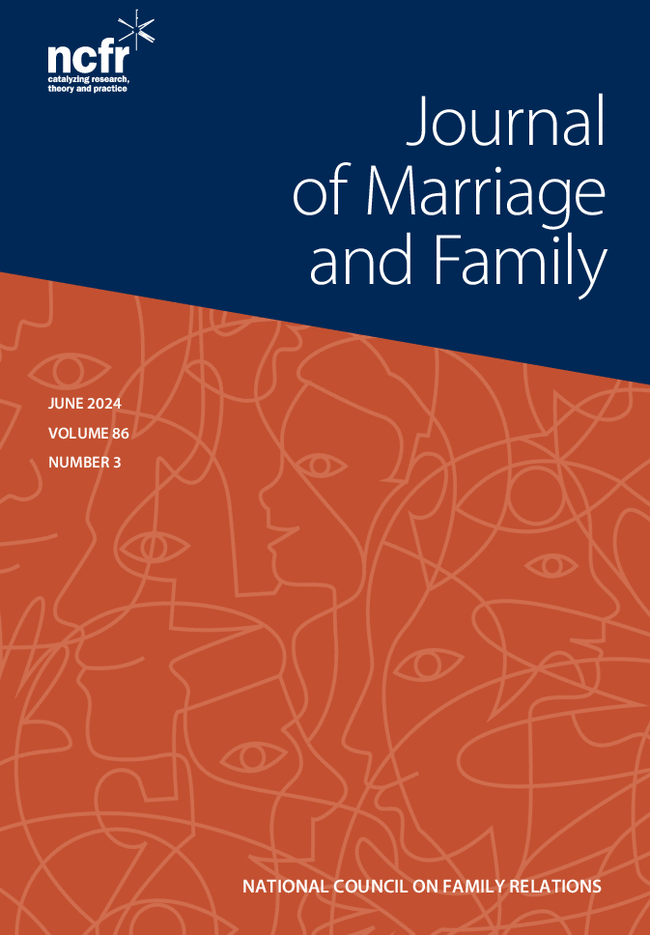Climate change worries and fertility intentions: Insights from three EU countries
Abstract
Objective
This study investigates the relationship between climate change concern and fertility intentions in Finland, Estonia, and Sweden. It explores whether climate worries are associated with a greater inclination to remain childfree or a reduction in the number of intended children, and whether the association varies across the three countries.
Background
Climate change concern is said to influence fertility intentions either by prompting individuals to reduce their intended fertility to alleviate pressure on the planet or by instilling a sense of guilt and concern about bringing a child into a perceived doomed world. However, scientific evidence on this association is still limited and inconsistent.
Method
The analysis draws on nationally representative data from the 2021/22 Gender and Generation Survey, focusing on individuals aged 18–40. It examines certainty in future fertility intentions and the intended number of children through ordinal and multinomial logistic regressions, distinguishing between first-birth and higher-order birth intentions. Interactions between climate change concern and country are explored to assess potential cross-country differences.
Results
The results provide evidence that strong concern for climate change is linked to reduced fertility intentions, driven by childless individuals' intentions to forgo childbearing altogether rather than reducing the number of intended children. This pattern holds across all three countries, with a more pronounced association in Finland and Estonia, and somewhat weaker in Sweden.
Conclusion
This study highlights, for the first time in the European context and on a representative sample, that climate change concern is negatively associated with fertility intentions.


 求助内容:
求助内容: 应助结果提醒方式:
应助结果提醒方式:


